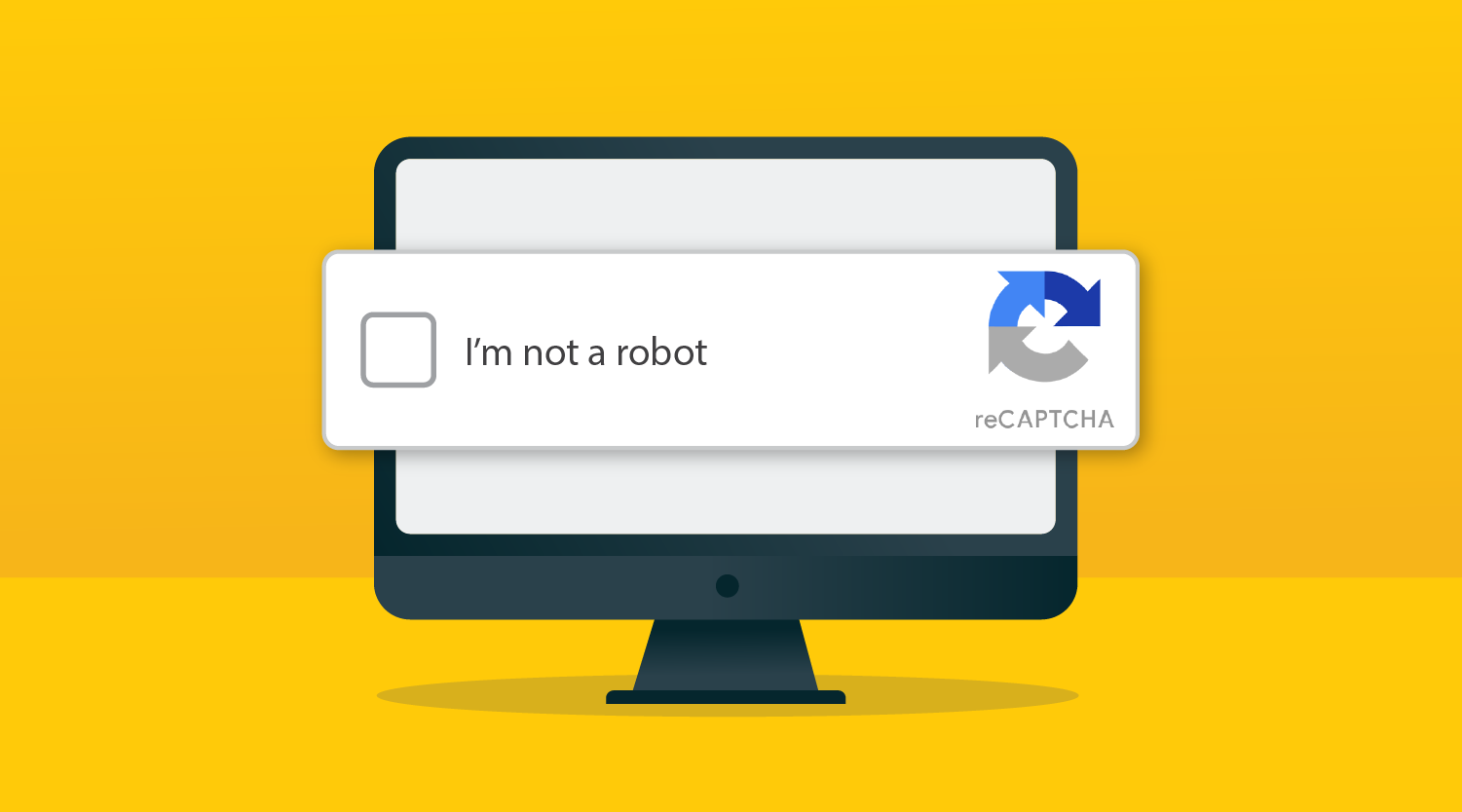October 18, 2024
How to Develop Content for a Website: A Step-by-Step Guide for Kiwi Businesses
Creating impactful website content is essential for any business looking to stand out in the digital world, whether you're serving a local New Zealand audience or expanding your reach overseas. Great content not only attracts visitors but also converts them into loyal customers. At Kōwhai Creative, we understand the importance of well-crafted content for businesses of all sizes. Here's a step-by-step guide on how to develop content for a website that engages both local and global audiences.
1. Understand Your Audience
Whether you’re targeting local Kiwi customers or international markets, the first step is understanding who you’re writing for. Define your audience personas, which could vary from small business owners in New Zealand to large enterprises overseas. By understanding your audience’s goals, challenges, and motivations, you can tailor your content to address their specific needs.
For example, if your business is based in New Zealand but sells products internationally, consider how you can highlight your Kiwi roots while also appealing to overseas customers who may appreciate New Zealand’s reputation for quality, sustainability, or innovation.
2. Build a Clear Content Structure
An organised website helps visitors find what they need quickly and easily. Whether you’re targeting clients in Auckland, Sydney, or Singapore, the structure of your site should be clear and intuitive. Start by outlining the key pages:
- Homepage: Provide an overview of your business and its key offerings.
- About Us: Share your brand’s story, values, and mission to build trust with both local and international audiences.
- Services or Products: Clearly describe what you offer, ensuring that each service or product page is optimised for your target market.
- Contact: Make it simple for potential clients from anywhere in the world to get in touch with you.
Each section should be easy to navigate, with concise headlines and clear messaging. Visitors to your site—whether local or overseas—won’t spend much time searching for information, so make sure your content is well-organised and to the point.
3. Optimise for SEO, But Keep it Human
When developing content for your website, search engine optimisation (SEO) is crucial, no matter where your audience is based. Research keywords that are relevant both locally and internationally, depending on your target markets. For example, if you're offering your services in New Zealand but also expanding into Australia or the UK, make sure your keywords reflect those regions as well.
That said, don’t let SEO dictate your writing. It’s important to weave keywords naturally into your content without compromising on quality. For instance, if your keyword is "professional plumbing services in New Zealand," ensure it's integrated smoothly into your service pages while keeping your tone engaging and informative.












